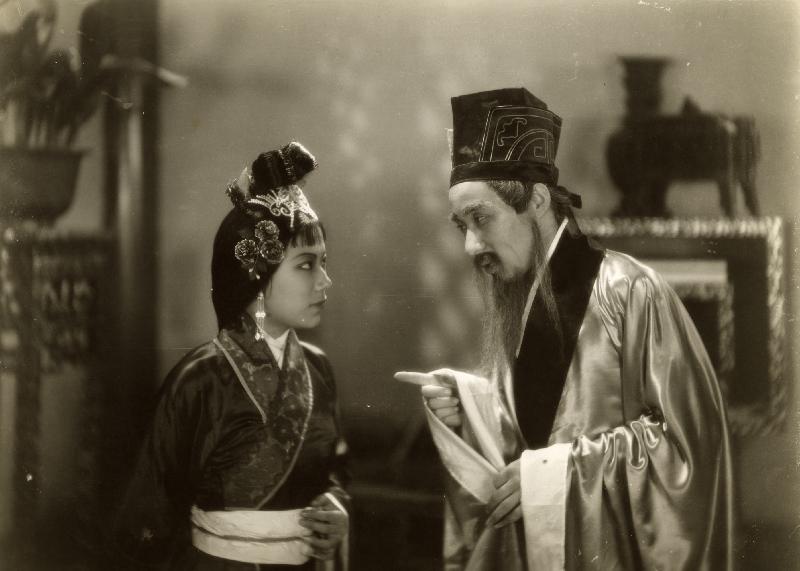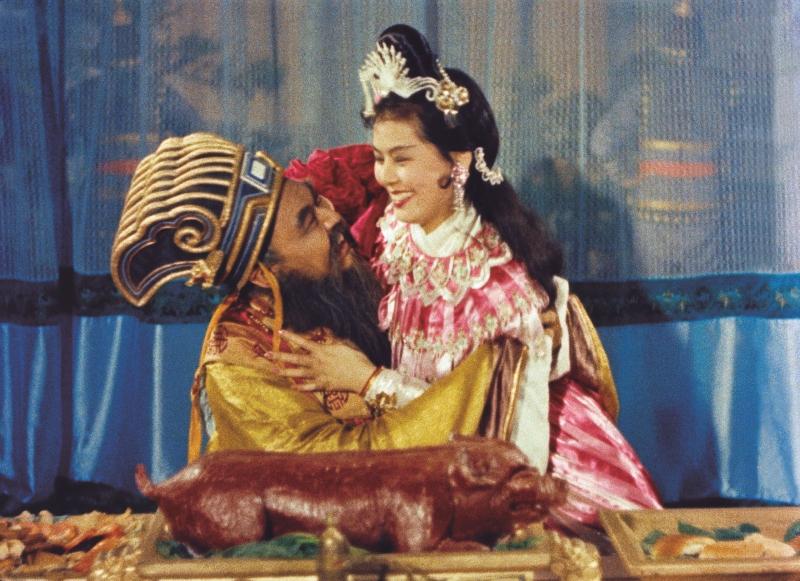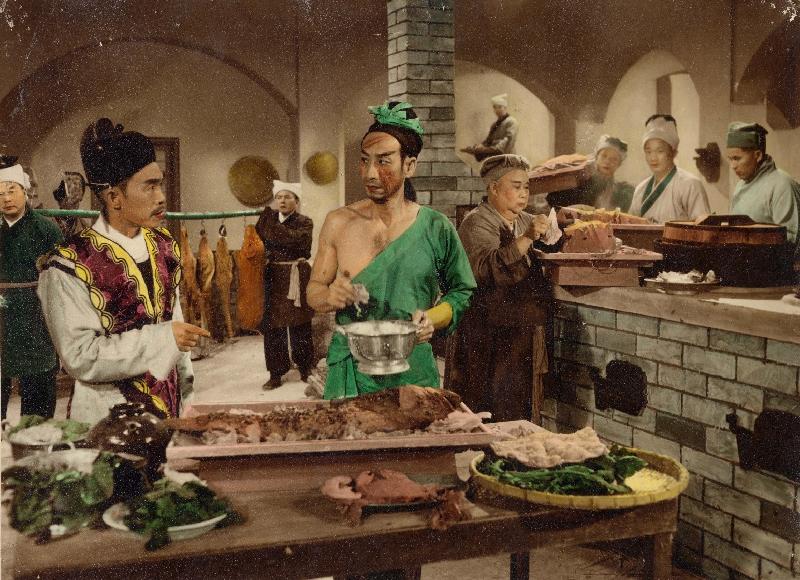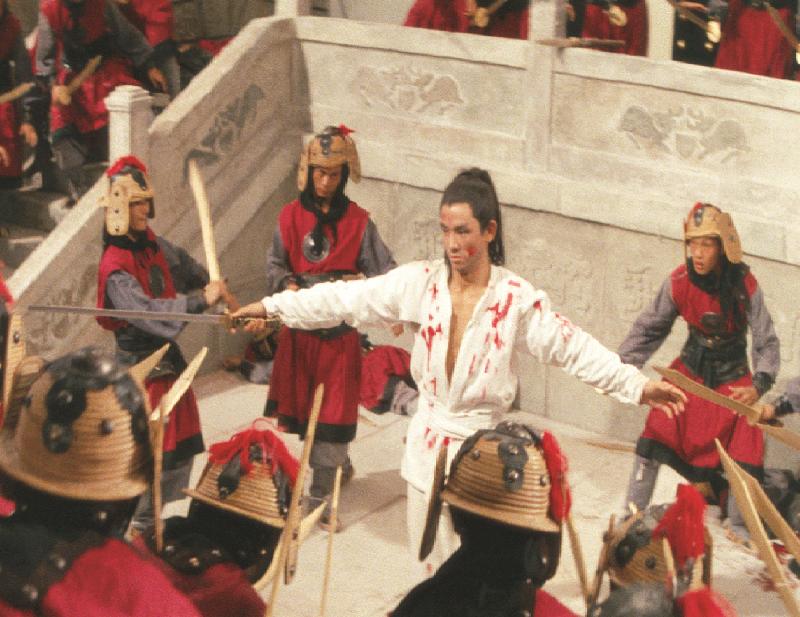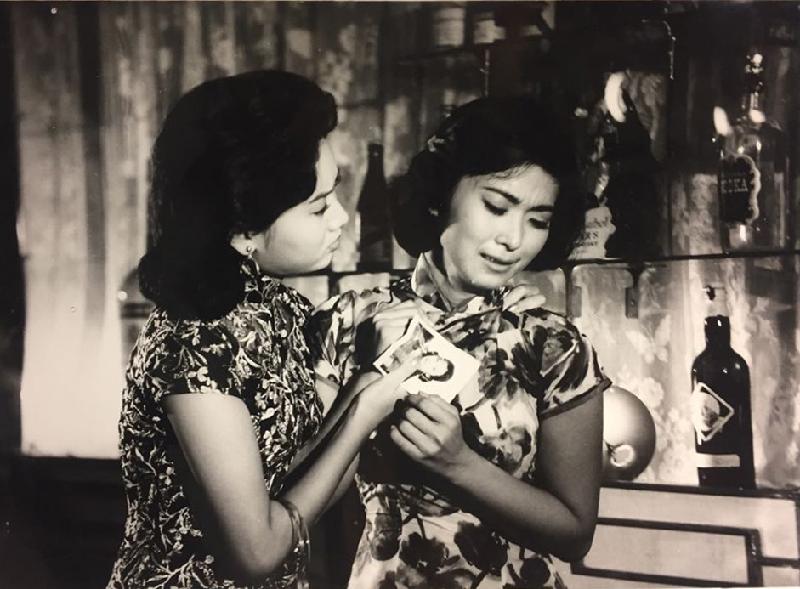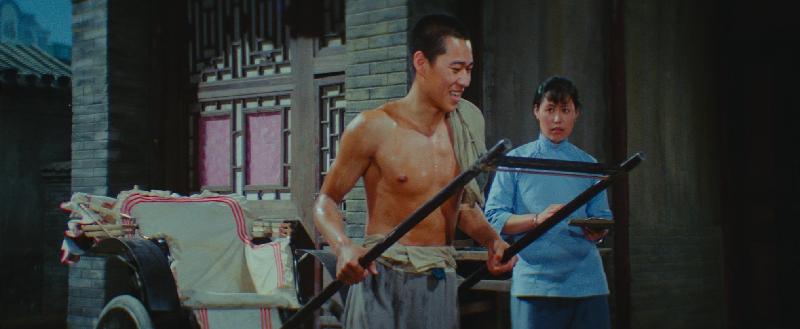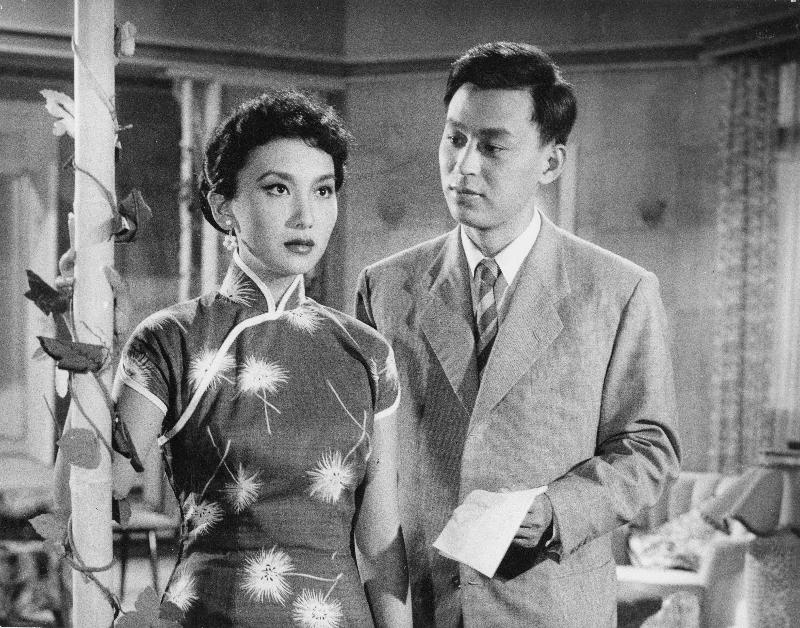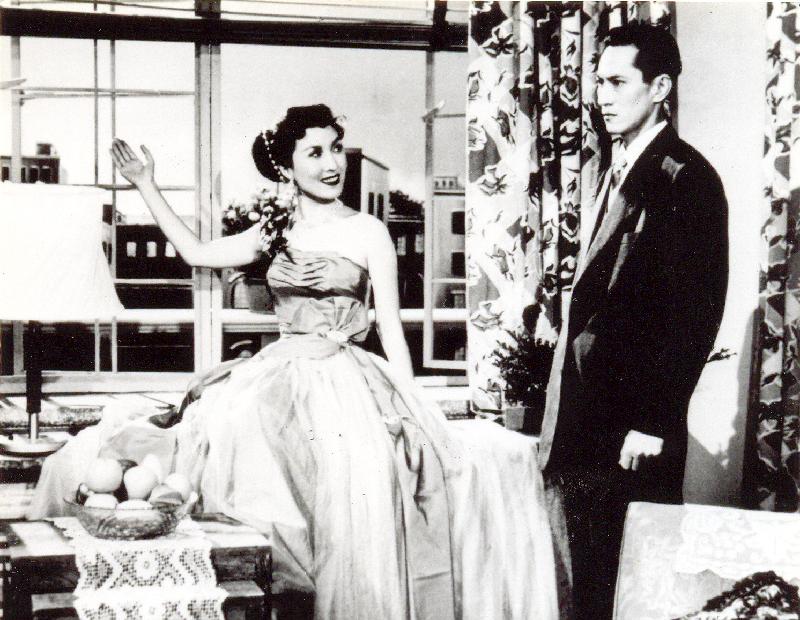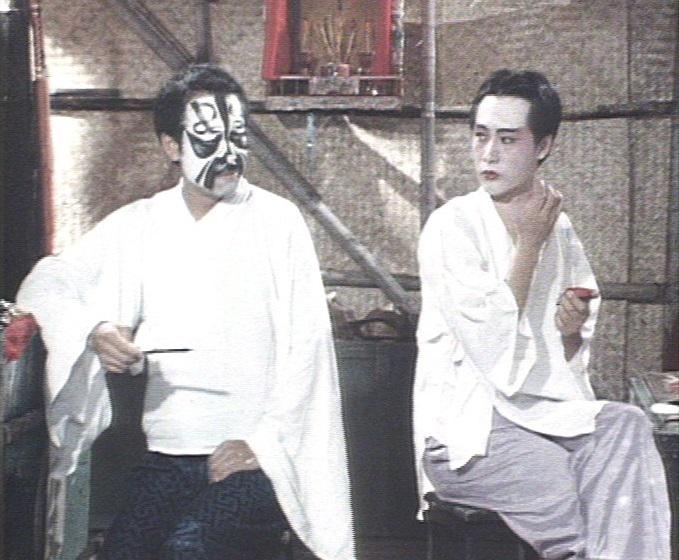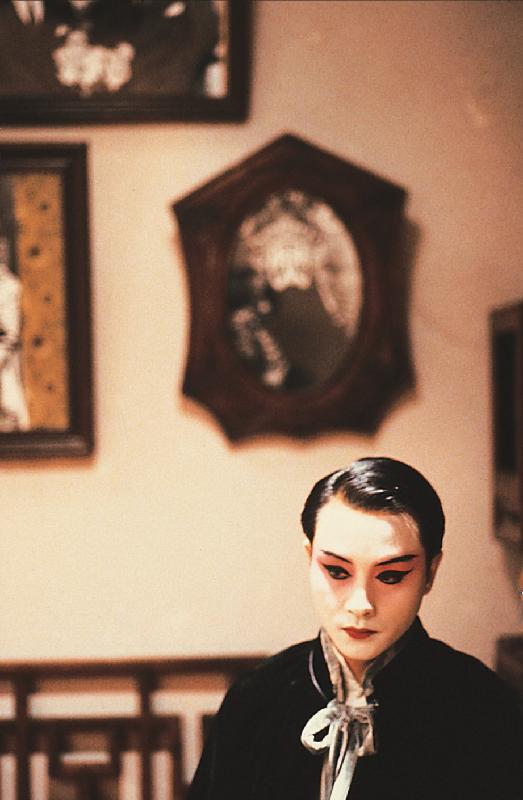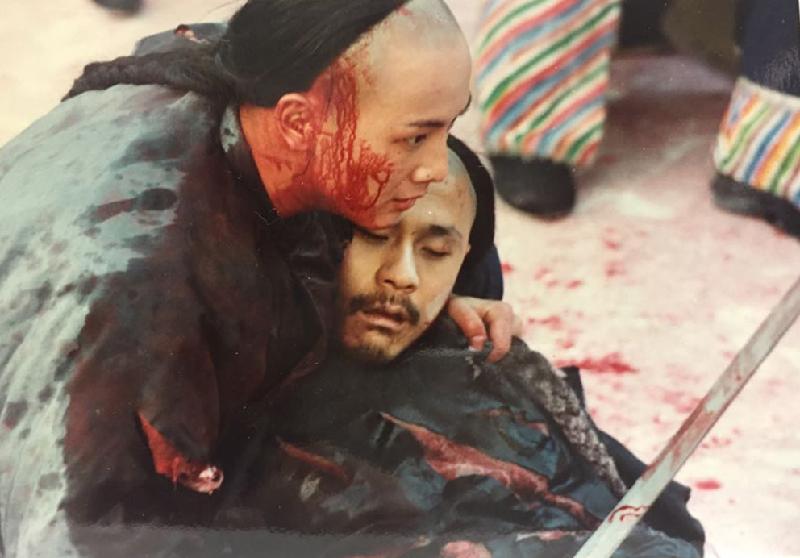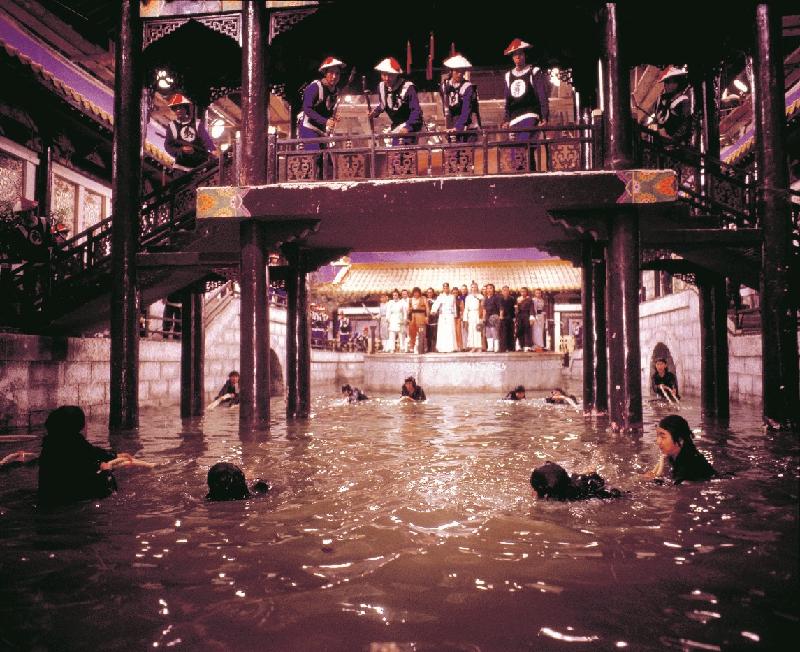Film Archive's "Archival Gems" series to enter world of Chinese literary classics (with photos)
******************************************************************************************
Diaochan, a beauty created by author Luo Guanzhong, is one of the "Four Beauties of China". She schemes with her godfather Wang Yun by sowing discord between Dong Zhuo and his adopted son Lu Bu. Production on Bu Wancang's big-budget feature "Sable Cicada" (1938) started in Shanghai but was forced by the outbreak of war to move to Hong Kong, making the work one of the early Mandarin films of Hong Kong. Li Han-hsiang's "Diau Charn" (1958) is a brilliant display of the romantic historicism in huangmei opera music - one of Li's strongest fortes - and features the actress Linda Lin Dai at her charming best.
The "Biographies of the Assassins" section of "Records of the Grand Historian" depicts assassins committing assaults as amoral and motivated by personal interest or loyalties, or as a noble rebellion against vicious rulers or officials in a dramatic good-vs-evil setting. "The Hidden Dagger" (1957) is a rare colour picture of 1950s Cantonese cinema. It is based on the story of Zhuan Zhu, who poses as a chef and hides a dagger inside a fish he has prepared in an attempt to assassinate King Liao, aiming to sacrifice himself for the good of the country. Nie Zheng in "The Assassin" (1967) is recruited by Yan Zhongzi to kill the "villainised" Premier Han Kui in what turns out to be a suicide mission. Both of the films are action-oriented.
"Rickshaw Boy" is Lao She's masterpiece of 1930s Chinese literature, lauded for its unsettling depiction of the human condition through cultural practices and social inequalities. "What Price Love" (1962) moves the story to 1960s Hong Kong, changes the boy's occupation from rickshaw puller to truck driver, and highlights the love triangle from the original story. "Rickshaw Boy" (1984) keeps its original setting, shooting scenes on location to rekindle the colours and rhythms of the capital city. The superb performances by its leading actors, especially Siqin Gaowa and Zhang Fengyi, give the story an extra dimension.
The Great Wall studio's "Sunrise" (1956) focuses primarily on the worldly heroine Hsia Moon and incorporates flashbacks of her past innocence, while the Xinglian company's "Sunrise" (1953) is closer in spirit to the original novel of the same title by Cao Yu. The 1953 film lets its ensemble cast share the spotlight more evenly and presents a multi-threaded narrative despite flatter characterisation.
Lillian Lee is rumoured to have written the original screenplay of "Farewell My Concubine" in the late 1970s, and it was made into a television series by Alex Law under the title "King Chau and Lady Yu" (1981). Lee then adapted the story into a novel in 1985, and that work later inspired the feature film "Farewell My Concubine" (1993), scripted again by Lee and directed by Chen Kaige. While Law takes advantage of opera's practice of cross-gender casting to explore the same-sex affections between the two lead characters Cheng Dieyi and Duan Xiaolou, Chen expands the tragic tale into a heart-wrenching epic in which art and politics, private passion and public order, and personal memory and national trauma are all tangled up.
The two adaptations of Jin Yong's popular novel "The Romance of Book and Sword" testify to the prosperous development of Hong Kong cinema in the 1980s. "The Romance of Book and Sword" (1987) by Ann Hui was shot in a variety of locations in Mainland China, with diverse landscapes at once picturesque, expressive and evocative. Similar to many other movies in the 1980s, the work bears hidden political meaning as it addresses concerns of the period with sophistication and ambiguity. Chor Yuen's "The Emperor and His Brother" (1981) focuses on one of the novel's many plots, remaining rather faithful to the original in both narrative and spirit. The film follows the studio-set style that defined the Shaw Brothers brand in the 1970s.
Each pair of screenings will be accompanied by a seminar hosted by film critics and scholars Cheng Ching-hang, Tsang Siu-wang, Chan Kwong-lung, Dr Yau Ching, Dr Chan Kwok-kwan and Shu Kei, sharing their views of the movies. All seminars will be conducted in Cantonese with free admission.
"Sable Cicada", the two "Sunrise" films, "The Romance of Book and Sword" and "The Emperor and His Brother" are in Cantonese and the other films are in Mandarin. "Sable Cicada", "The Hidden Dagger", "Rickshaw Boy" and the two "Sunrise" films are without subtitles; "Diau Charn", "The Assassin", "Farewell My Concubine", "The Romance of Book and Sword" and "The Emperor and His Brother" are with Chinese and English subtitles; "What Price Love" is with Chinese subtitles; and "King Chau and Lady Yu" is with English subtitles.
Tickets priced at $55 are now available at URBTIX (www.urbtix.hk). For credit card telephone bookings, please call 2111 5999. For programme details, please visit www.lcsd.gov.hk/CE/CulturalService/HKFA/en_US/web/hkfa/programmesandexhibitions/2018ag-watw/index.html, or call 2739 2139.
Ends/Thursday, March 8, 2018
Issued at HKT 15:00
Issued at HKT 15:00
NNNN





